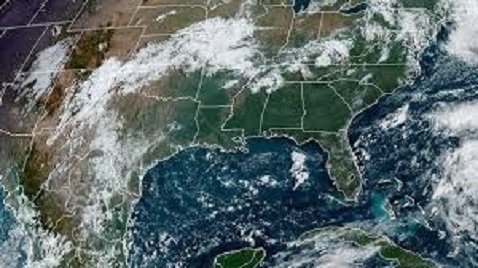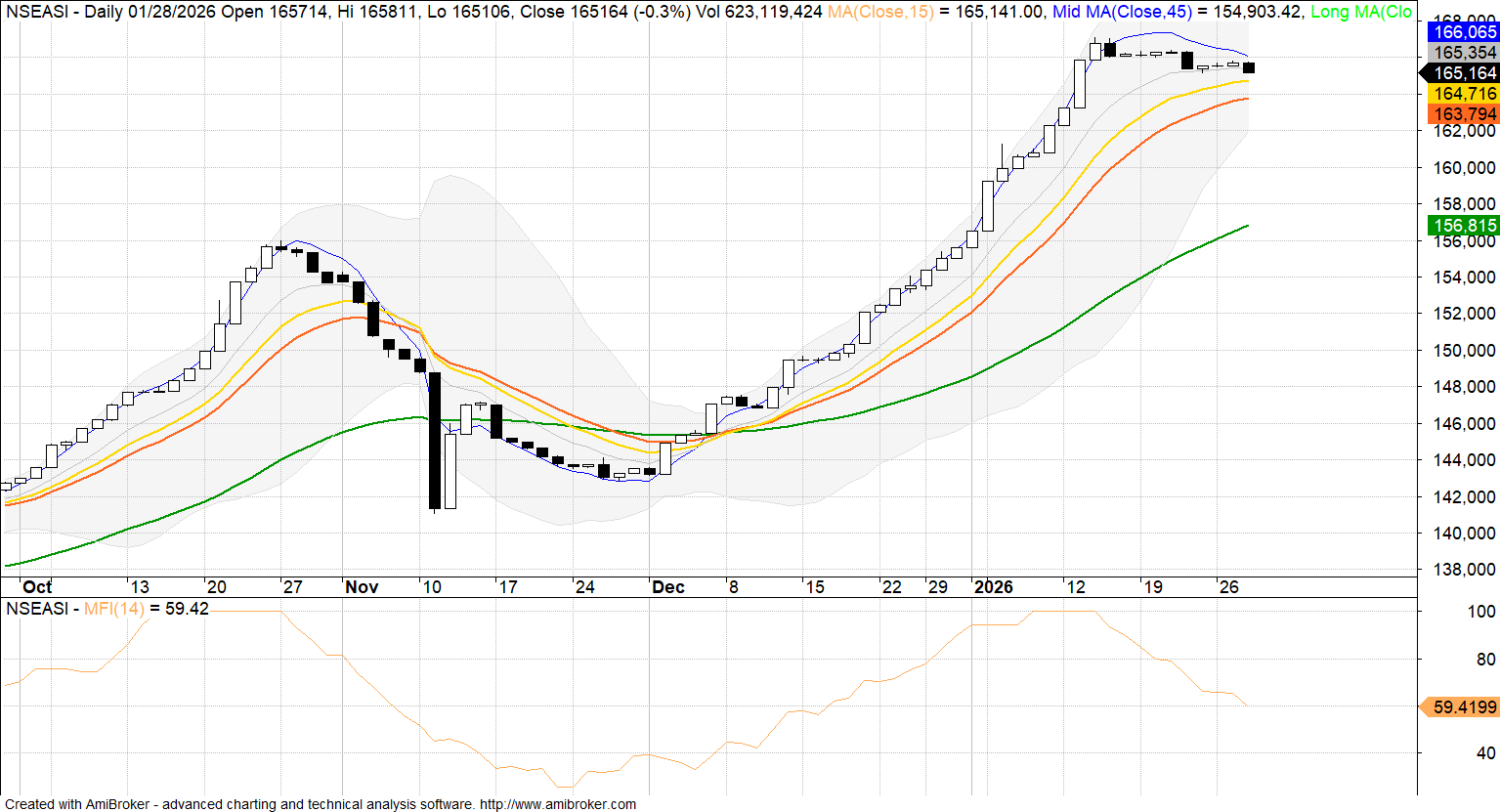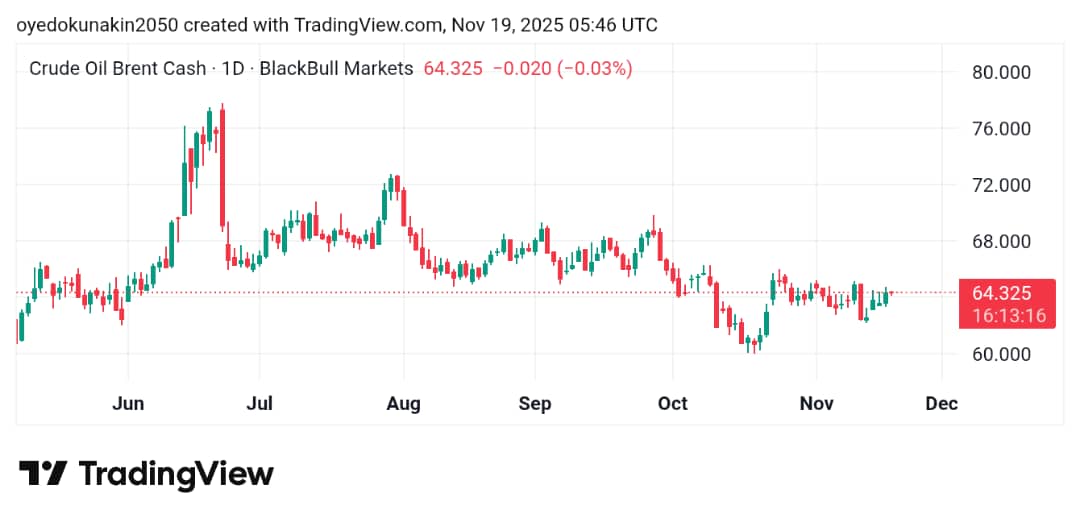
Akintunde Oyedokun
Research Analyst
Oil prices rose on Tuesday as supply disruptions hit Russia and the U.S., but gains were limited by ongoing Russia-Ukraine peace talks. Brent crude settled at $75.84 per barrel, up 0.8%, while WTI gained 1.6% to $71.85. A Ukrainian drone attack on Russia’s Caspian Pipeline Consortium cut oil flows by up to 40%, while extreme cold in North Dakota reduced U.S. production by 150,000 barrels per day. Talks between U.S. and Russian officials raised the possibility of easing oil sanctions. Traders remain cautious, awaiting inventory data and OPEC+ supply decisions.
RBA Cuts Rates First Time In Four Years, Warns Against Further Easing
Australia’s Reserve Bank lowered interest rates by 0.25% to 4.1%, its first reduction since 2020. While the cut offers some relief to borrowers, the RBA expressed caution, warning that inflation risks remain due to a strong labor market.
Despite core inflation easing to 3.2% in Q4, the RBA is hesitant to follow up with additional cuts. Governor Michele Bullock dismissed market expectations for aggressive easing, stating that more data is needed to confirm sustained inflation decline before making further decisions.
UK Pay Growth Soars Amid Strong Job Market, Pressuring BoE’s Rate Decisions
UK wage growth surged in late 2024, with private-sector pay rising by 6.2%, the fastest pace in a year, highlighting a robust job market. This increase, particularly the 5.9% rise in pay excluding bonuses, complicates the Bank of England’s decision on interest rates, as it continues to target a 2% inflation rate. While vacancies fell slightly and the economy showed modest 0.1% growth in Q4, pay increases remain above the BoE’s goal. Unemployment held steady at 4.4%, but despite a weak overall economy, the strong labor market pressures the BoE to adopt a cautious approach to rate cuts.
South Africa’s Unemployment Rate Drops Slightly To 31.9%
South Africa’s official unemployment rate fell to 31.9% in Q4 2024, a slight improvement from 32.1% in Q3, driven by job gains in finance and manufacturing sectors. Despite this, the broader unemployment rate, including discouraged job seekers, remained at 41.9%. The new coalition government has prioritized job creation, but significant challenges persist, particularly for Black women and youth. Finance Minister Enoch Godongwana will outline economic priorities in the upcoming national budget.
Rebasing: Nigeria’s January Inflation Drops To 24.48%
Nigeria’s annual inflation rate decreased to 24.48% in January after the National Bureau of Statistics (NBS) rebased the country’s price index, the first update in over a decade. The rebasing, which involved adjusting the reference basket of goods and updating the comparison period to 2024, aims to better reflect current consumption patterns. However, NBS clarified that this change does not indicate a sharp decline in market prices but reflects the rate of change between January 2024 and 2025. Despite this, food inflation remained high at 26.08%.












